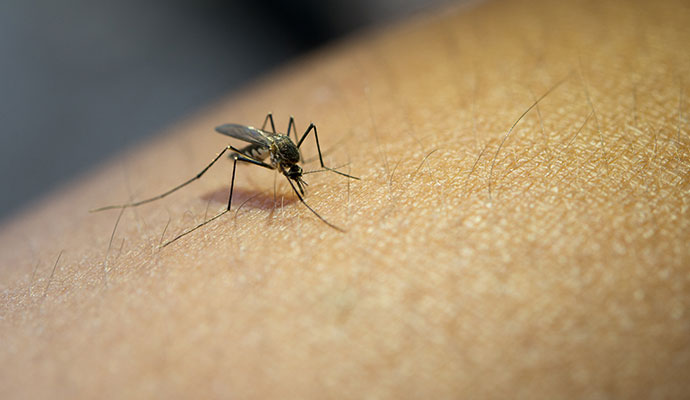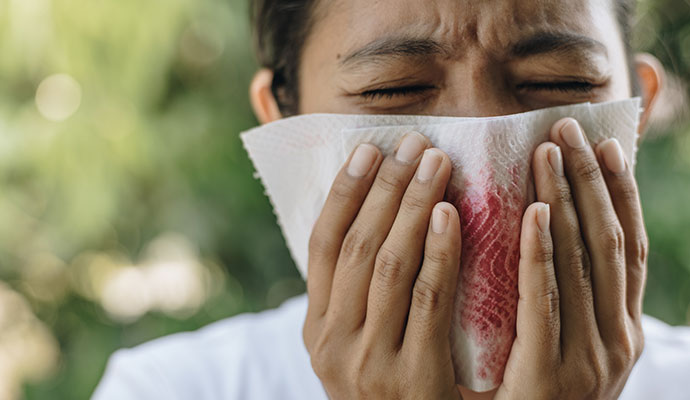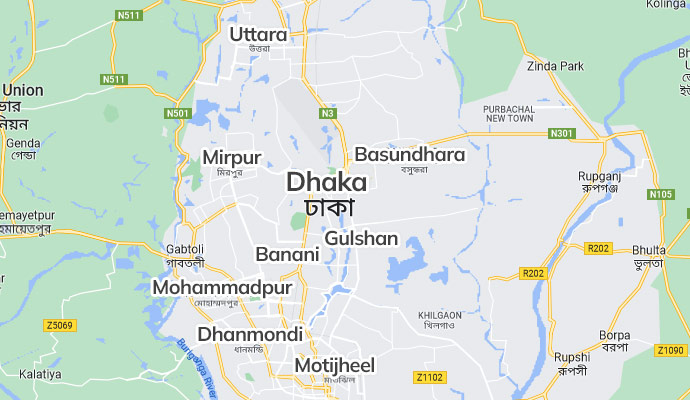The Dangers of Dengue Disease - Its Symptoms & Ways of Prevention
A viral illness spread by mosquito bites causes dengue fever, sometimes called breakbone fever as well. In certain instances, it might result in serious sickness. Aedes mosquitoes are responsible for spreading the dengue virus, which may be caused by one of four distinct viruses.
The symptoms of dengue fever are often similar to those of the flu, but the illness may progress to severe hemorrhagic fever, which is a condition that can be fatal. Your chance of developing severe symptoms is significantly increased if you get the infection for a second time. Therefore, if you have already been diagnosed with dengue fever, you are eligible to get a vaccination.

Dengue Fever: What Exactly Is It?
Viruses like dengue fever are most frequent in warm and humid environments, such as those found in South and Central America, Africa, and certain areas of Southeast Asia and the Pacific Islands. Its fever is an infectious disease spread by mosquitoes infected with any of four different dengue virus subtypes (DENV). While most people have only minor symptoms after a single infection with DENV, the risk of serious consequences greatly increases with subsequent infections with different strains.
Learn The Symptoms of The Dengue Disease
The intensity of the illness will determine how serious the consequences of dengue fever are. In most cases, dengue infection has no noticeable effects. Statistics from all across the world show that about 75% of persons who have dengue fever would not have any symptoms. However, in the event that you are experiencing symptoms, a high temperature of 104 degrees Fahrenheit (40 degrees Celsius) is usual. The symptoms will often begin to manifest themselves between 4 to 6 days after the first infection and may last for 10 days.
The development of the symptoms might differ from person to person. Dengue fever may produce illnesses ranging from mild to severe. But how can one measure the level of severity? Here’s how:

Minor Symptoms:
The mild symptoms normally persist between two and seven days, and the majority of patients begin to feel good after a week has passed. It's possible that the fever may reach its peak, drop for a whole day, and then return to a higher level. There might be a number of potential signs, including the following:
- Joint & muscle pain
- Redness or itchiness on the skin
- Irritation around the eyes
- Nausea and weakness
- Reddening of the face
- Soreness in the throats
- Severe headache
- Red eyes
Severe Symptoms:
Dengue fever may cause severe symptoms in almost 5% of cases (according to a reliable source). When this occurs, there could be a potential threat to one's life. First, the temperature drops to a normal range of 99.5 to 100.4 degrees Fahrenheit (37.5 to 38 degrees Celsius). After this period of time has passed, the individual may have severe symptoms anywhere between 24 and 48 hours or roughly 3 to 7 days after they first began to feel sick. The signs include:

- Ache or soreness in the abdomen area
- At least three times of puking during the preceding twenty-four
- Bruising or bleeding from the gums or the nose
- Coughing up blood
- Traces of blood in the bowel movements
- Fatigue
- Experiencing restlessness or irritation
- Temperature swings, ranging from extremely hot to excessively cold.
- Shivering and sweaty skin
- A fast heartbeat despite its lack of strength
- Excess high or extremely low blood pressure
The Ways to Prevent & Control Dengue Fever
In countries where dengue fever is common, the WHO says vaccination alone won't reduce the disease's prevalence. Avoiding mosquito bites is the easiest way to prevent contracting the disease, particularly if you reside in or plan to travel to a tropical region. However, if you're affected by dengue, during the first week, avoid mosquito bites. Because, during this time, the virus may be circulating in the blood, and you may pass it to fresh, unaffected mosquitoes, which may then attack others.
Limiting mosquito populations:
- Storage tanks for drinking water should be covered, drained, and cleaned once a week
- Use the proper pesticides on outdoor water containers
Anti-mosquito protection:
- Taking precautions against pests in your home using various techniques - window screens, sprays, vaporizers, and coils
- It is recommended to dress in a way that limits the amount of skin exposed to mosquitoes.
Proactively eliminating pests in and around your house is the best defense against dengue. For that, you can count on Quick Knock Pest Control Ltd. Our services only employ cutting-edge tools and materials for bug eradication. We make every effort to use chemicals that are safer for the environment and have fewer negative impacts. Therefore, please contact us so that we may minimize the risk.

